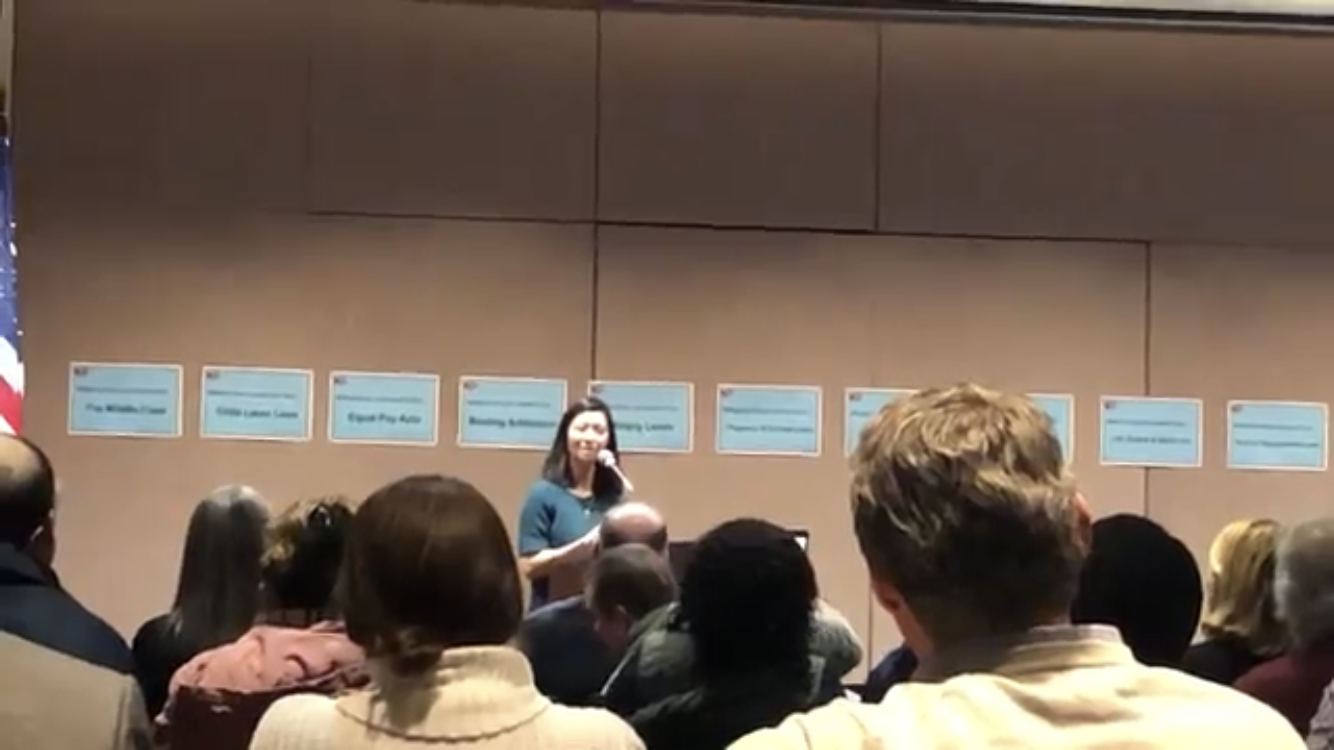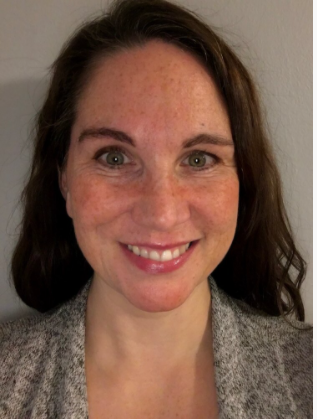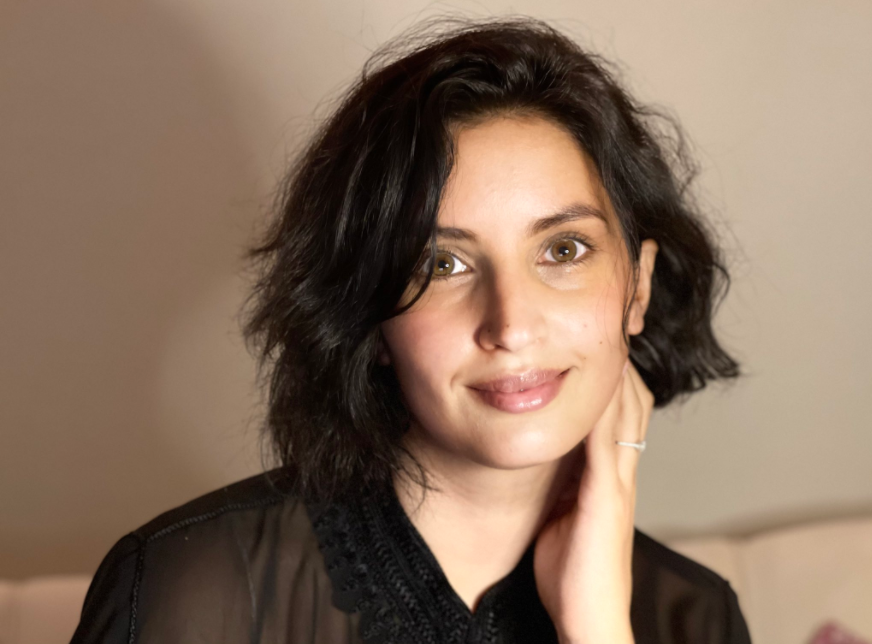Spotlight Interview With Early Childhood Educator Akeshia Lewis
Our next spotlight interview is with Akeshia Lewis. I first met Akeshia in 2009 when she was an intern in my preschool classroom. Since then she has had a varied and accomplish career and developed many insights into the field.
Question 1: What types of jobs and experiences have you had working in early childhood education and care?
Answer: I started my early childhood experience when I was 15 years old. I was a helper in my cousin’s preschool classroom in a Seventh Day Adventist school. While I was in high school I started working at Elizabeth Peabody house in somerville. Flash forward 15 years, I am currently education supervisor. I’ve always worked in a childcare center setting which helped my growth in becoming a better teacher.
Question 2: What college courses did you take that you thought were especially helpful in your career?
Answer: I received my Associates in Early Childhood Education from Fisher College in 2009. At Fisher, I felt helped foster and gave me a deeper love for children. My advisor and professor Linda Small gave me so much knowledge in child development and the ins and outs of childcare setting. My internship gave me the foundation I needed in a classroom. My internship was in a preschool classroom at Transportation Children’s Center where I was able to practice the tools I was learning in class and given the guidance and allowance to learn from my mistakes, enhance my skills such as lesson planning, parent interaction and child nurturing. I later continued my education at Lesley University where I received my Bachelors in History and my Masters in Community Arts in Multicultural Education. During my internship at Lesley University, a community piece was added. I was able to work with at risk teens in Jamaica Plain and build awareness towards the arts and also gather more funders to fund their program for these teens. We worked closely around music, drama and dance and put on a showcase which highlighted the importance the arts has in education and children. I am currently working on my second Masters in School Counseling at New York University.
Question 3: If you could talk to a politician or policy maker at the Department of Early Education and Care, what advice would you give them about how early childhood education and care could be improved?
Response: I can’t stress enough on the importance of early childhood in general. Often infants and toddlers are left overlooked, and many gravitate to preschool. The foundation starts at birth. The ratios currently in mixed-aged classrooms (2 months - 2.9) is not ideal. Teachers are overworked. This takes away from teacher-child interaction in which they strongly need. Yes, the mix fosters growth in younger children but there are areas where it hinders growth for older children. I believe creating more foster grandparents programs is an excellent idea in programs. Foster grandparents add more growth in the classroom for social and emotional development. Foster offers more snuggles for the children. More love for children who needs extra love.I also believe there a need for more male teachers. Male teachers in an early childhood setting is a great need. nurturing and guidance from a male adult can change the dynamics of a classroom. Male influence in general is a good thing. Many families may not have a male influence in the home, having a male influence in the classroom can help many children. I know this is wishful thinking due to our economy but increasing the pay teachers will invite more teachers. If a teacher receives more pay, they will be able to fund their homes better and pursue their goals in education. Once a person can go to school, the more certified teachers, lead teachers, and directors we will have. Lastly, we need to pay more attention to teacher burnouts. Many centers are all year round. With this common practice, we see more and more teacher turn around and people leaving the field. We need to honor the fact teachers are not robots. We all need time to destress and create a new atmosphere for their new classroom. Having a universal practice where EEC enforces a week where teachers get time to breathe, rotate classroom, give a tremendous clean to the room (classroom, material etc) is a NEED. Teachers usually welcome most children during the fall months, allowing the teachers to have off a week in the summer and a week in the winter will divide up the time where teachers typically have during burnouts.
Question 4 Has becoming a mom given you a new perspective about early childhood education and care?
Answer: My son will be 17 months February 23 and being a single mother on top of has drastically changed my perspective in education and care. I find myself more protective over the children. I value the interactions more. I pay close attention to body language, and tone teachers have with the children. I want the absolute best for my child. We lay the foundation for their educational career. We can help children in areas if caught early can be a significant help later in life. Every child deserves the highest care and resources they can get. There are no excuses and no other options.
Question 5: What makes you optimistic about the future of early childhood education and care and what do you think are the biggest challenges to improving early childhood education and care?
Answer: I believe the only challenge we have in education and care is people forgetting the process they had as a teacher. I feel the longer a person is out of a classroom (EEC board, policy creatures), they ignore the everyday struggles in a classroom and create more challenges in the classroom. We all need to be on the same page, be realistic, move and evolve with the times, and understand the more support and resources the teachers have, the more the children will have a place to foster learning, build long-lasting positive social and emotional skills and create a community where the children and the family can know and love.





